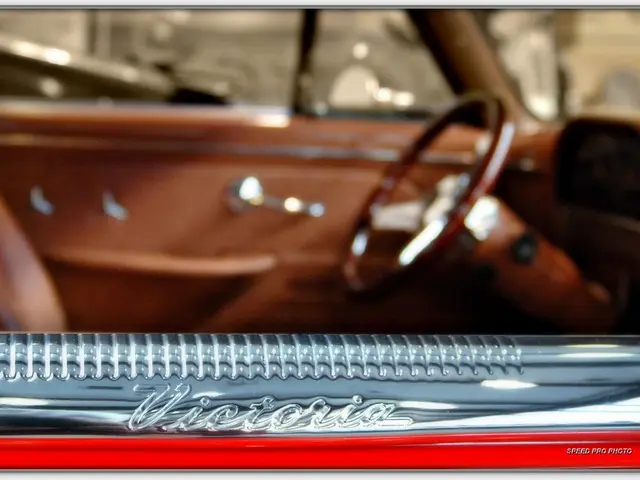Landscaper expresses apprehension about purchasing a Tesla Cybertruck due to potential negative impact on business, as regular travel to client homes for meetings and job selling is a crucial aspect of his career.
The debate over whether the Tesla Cybertruck is a suitable vehicle for landscaping businesses in Massachusetts has been a topic of discussion among professionals in the industry. Some express concerns that the futuristic and unconventional design of the Cybertruck might negatively affect their businesses, while others argue that the vehicle's unique features can help close deals and attract attention.
Mariana Silva, a real estate agent in Massachusetts, reports that she hasn't lost clients due to driving a Cybertruck and has even closed deals because of it. She notes that she's received positive attention from people at open houses due to her Cybertruck, with some clients admiring her professionalism because she drives a vehicle associated with success and quality.
However, some landscapers and business owners have expressed concerns that the Cybertruck's image as an expensive or unconventional vehicle for landscaping work could deter traditional clients. Mike, a landscaper who is considering purchasing the Cybertruck for his business, shares his concern that showing up in a Cybertruck at a job site might attract negative attention.
Nicholas Dutko, another Cybertruck owner, argues that if a customer wouldn't want to work with Mike because he drives a Cybertruck, then they are not worth working with. He emphasizes the importance of the quality of work and customer treatment over the type of vehicle driven.
From a practical standpoint, the Cybertruck offers strong utility benefits suitable for landscaping businesses. With a towing capacity of up to 11,000 lbs, it is comparable to traditional ½-ton gasoline pickups, making it suitable for hauling trailers and equipment typical in landscaping. The payload capacity around 2,500 lbs can accommodate tools and materials in the truck bed.
As an electric vehicle, the Cybertruck may benefit from incentives like the $7,500 EV tax credit if purchased and put in service before deadlines, improving financial viability. The truck's bold, futuristic design can serve as a mobile advertisement, making it easier to promote the business and stand out in client visits.
Potential downsides include public perceptions that it is an expensive or unconventional vehicle for landscaping work, which could deter some traditional clients. Range reduction and charging infrastructure considerations when towing heavy trailers are factors to manage operationally, although daily driving and moderate hauling are typically sufficient.
In summary, while some in Massachusetts worry about client reactions to the Cybertruck, the vehicle's strong towing and payload capabilities, combined with a unique advertising presence, can positively impact a landscaping business if aligned with the brand strategy. Careful consideration of client demographics and communication about the vehicle’s functionality can help mitigate negative perceptions.
Read also:
- Honda unveils blueprint for design, advanced driver assistance systems, electric vehicles, fuel efficiency, and technology development
- Industries Under Jeopardy Due to Multi-Accounting: Prevention Strategies Revealed in 2024
- Expanded Scout Lineup Unveiled: The Traveler and Terra – Electrified, Extended Range Vehicles with Integrated Front Trunks, Offered in Both SUV and Truck Variants
- Competitor BYD Threatens Tesla's Position in Europe: An Analysis of BYD's Success in the European Market








